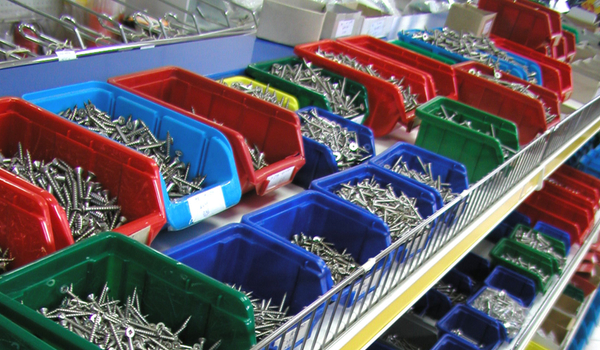
When I used to work in retail, conducting regular department inventory was part of the monthly process. In fact, at one workplace we’d take stock of everything in the building twice annually on top of my own department’s inventory.
I never had a perfectly balanced inventory in my retail days. We were always over in some areas and short in others. The process of conducting inventory was equally as qualitative as it was quantitative. Speed was much further down the line than accuracy. Yet as the process wore on, time became more important (after all, we had to open for business the next day). So any variance that was deemed acceptable was left as such, and was either counted as a gain or a loss.
But inventory procedures don’t have to left to retail clerks.
It’s important that you take stock regularly of your own work and life as well. Taking stock of what you have is one of the best ways not just to have awareness of what’s on hand, but what’s missing as well.
When I wrote The Front Nine, I made it clear that I don’t start my year in January. But that doesn’t mean I don’t take stock of what I have accomplished (and what I haven’t) at the end of the calendar year. I’m in the process of doing that right now — not unlike Chris Guillebeau and his annual review process. Actually, I’d like to think of my own inventory-taking procedure in the same way the retail establishments I worked at do, albeit with a broader timeframe. Here’s what I do:
- December: I slow things down and take stock of what I’ve done — and haven’t done — in the calendar year gone by. Trying to make a lot happen in December is an exercise in futility when the majority of the world is wrapping things up.
- January: I stock up again. This is where my January differs from a lot of other people’s. This is what I talk about in The Front Nine. I use January as a month to reflect a bit more to start off (December is largely a month for reflection as well), recharge myself for the months to come, and map out those months as much as possible before going forward.
- February: I’m open for business again, fully stocked and reenergized.
A colleague of mine told me he takes stock every quarter — and suggests his clients do the same. The Weekly Review is a big part of my week (as per David Allen), and it keeps me on top of what I’ve done, what I didn’t get done, and what I’m planning to get done in the future. My journaling habit is also a means of taking stock (and I do that twice daily).
In my manifesto I offer that if you take the time to create space for yourself then you’ll create the space to make time for yourself, and regularly taking stock will help you do just that.
Photo credit: veke via SXC.HU